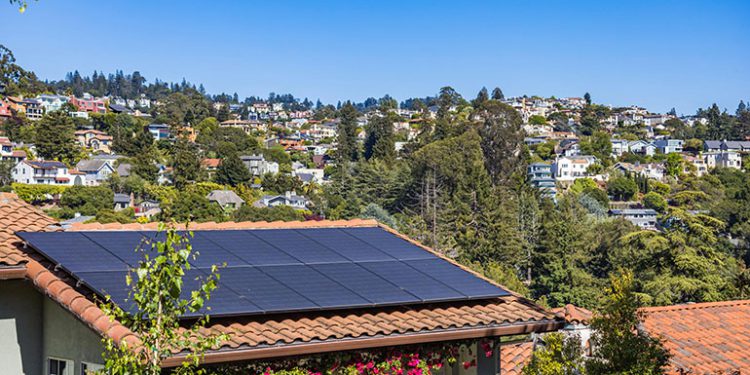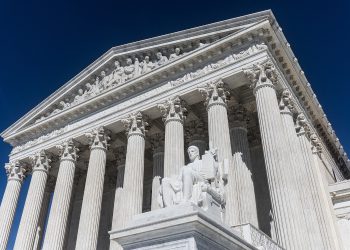Eighteen California legislators submitted a joint letter on November 25 to the California Public Utilities Commission (CPUC) regarding delays to turn on customer-owned solar and storage at the state’s two largest utilities. The letter urges the CPUC to hold Pacific Gas & Electric (PG&E) and Southern California Edison (SCE) accountable for repeatedly missing state-mandated timelines.
“Californians deserve an energy system that accelerates our climate goals – not one stuck in delays,” said Assemblymember Dawn Addis (Morro Bay). “We lead on clean energy, but PG&E and SCE have to stop slowing us down. Every missed deadline costs families and businesses money and stalls our climate progress. With major federal timelines approaching, the CPUC must enforce the rules and ensure utilities deliver.”
Customers seeking to install solar panels and batteries must request utility approval to turn on their system. This approval process, known as interconnection, is governed by Rule 21, which establishes mandated timelines for each step in the process. PG&E and SCE routinely ignore those timelines and cause extensive delays for solar installations.
The CPUC established a standard in 2020 that utilities meet the established timelines for 95% of projects and ordered the utilities to submit quarterly reports on their performance. Those reports show that three steps of the review process have compliance rates as low as 27% to 45%, and timelines for three other steps are met only 53% to 81% of the time. The CPUC now has nearly five years of data showing routine violations, but action to enforce these rules has not occurred.
“Rules are not rules if a company knows they can get away with ignoring the requirements,” said Kevin Luo, policy and market development manager at the California Solar & Storage Association. “PG&E and SCE are capable of following the rules and would comply if there were consequences.”
These delays slow the state’s progress towards its clean energy goals and raise costs for customers installing solar and storage. While customers wait for the utilities, they continue to carry loans and pay interest for unpredictably long periods of time. They are also forced to continue paying high rates to the utilities while their clean energy investments remain stranded.
The state has many critical goals that depend on timely action by the utilities, including the rapid energization of new EV charging stations and housing developments. While the state has only recently begun to establish mandated timelines for those goals, the longstanding lack of enforcement for interconnection timelines bears ill for utility compliance more broadly.
The CPUC is currently reviewing what measures are warranted to improve utility timeline performance. A decision is expected in the coming months.
News item from CALSSA
















